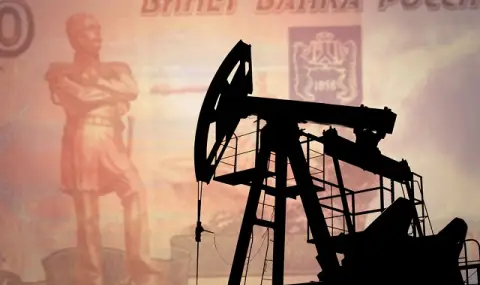The Czech Republic, Hungary and Slovakia have taken advantage of their derogation from the European Union (EU) ban on Russian oil imports to maintain and even increase their purchases of Russian crude following Russia's invasion of Ukraine.
p>
This is stated in a report of the director of the "Energy and Climate" program. to the Center for the Study of Democracy (CID) Martin Vladimirov and Isak Levy, the head of the Europe-Russia policy and energy analysis team at the Center for research on energy and clean air (CREA).
The data show that the Czech Republic gave more than 7 billion euros for Russian oil and gas. The amount is more than five times greater than the value of the assistance that the country provided to Ukraine. The Kremlin's tax revenue from oil imports into the Czech Republic since the beginning of the war in Ukraine amounts to more than 2.3 billion euros. The dependence of the Czech Republic on the import of Russian oil in 2023 increases and reaches 60%, despite the announced intentions of the country's government to gradually stop it.
The only crude oil processor in the Czech Republic is the Polish company Orlen Unipetrol. It increases purchases of Russian oil, which in 2023 is on average 21% cheaper than Azeri oil. According to the report, this strategy contributed to the company's excess profit of around 1.2 billion euros. Despite cheap Russian oil, fuel prices in the Czech Republic are not falling.
The analysis shows that the Czech Republic can completely replace Russian oil supplies by making maximum use of the Transalpine Oil Pipeline, increasing imports of petroleum products from Germany and using the country's huge oil reserves. The report notes that the country can completely stop buying Russian gas as well, as it has enough alternative supplies from Norway and the world market of liquefied natural gas.
According to the authors of the study, in order to complete its strategic disengagement from Russian oil, the EU needs to fill all the gaps in the sanctions by stopping exemptions for the "Druzhba" oil pipeline. and closed the Russian oil refining loophole in third countries, which allows them to maximize their purchases of Russian oil and sell surplus fuel to the EU.
